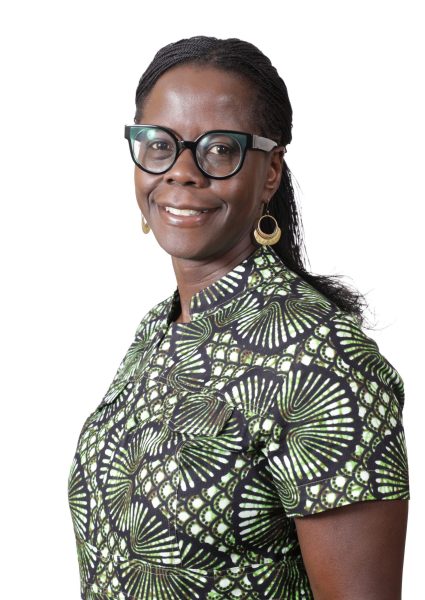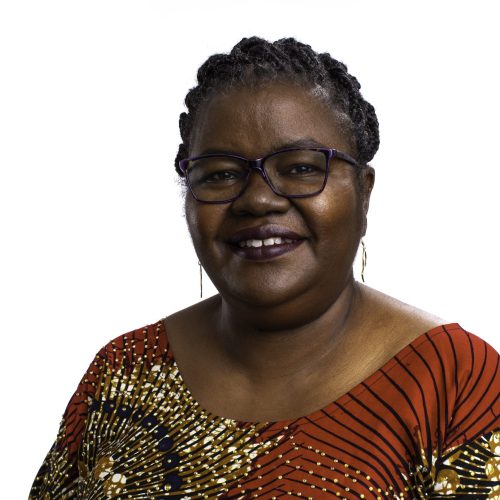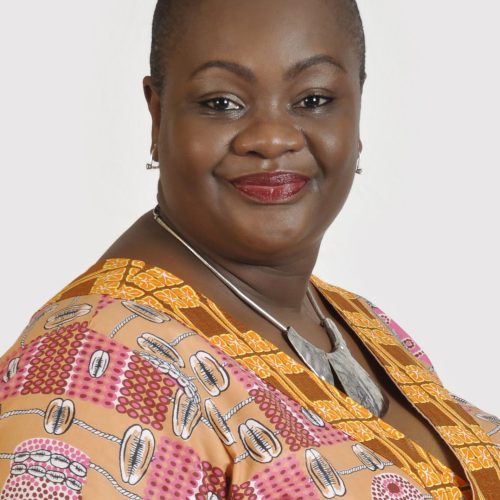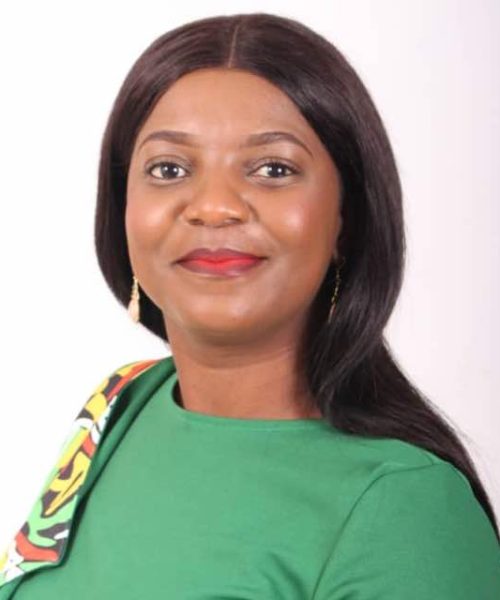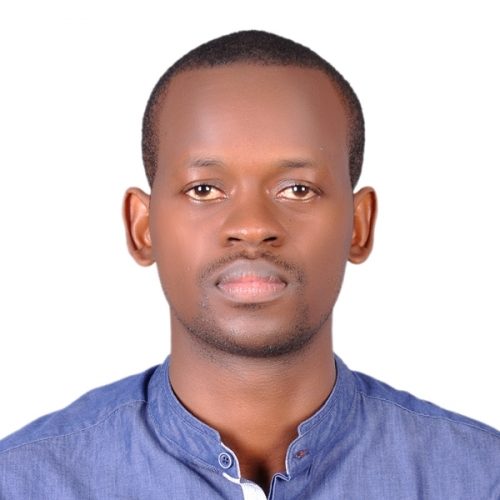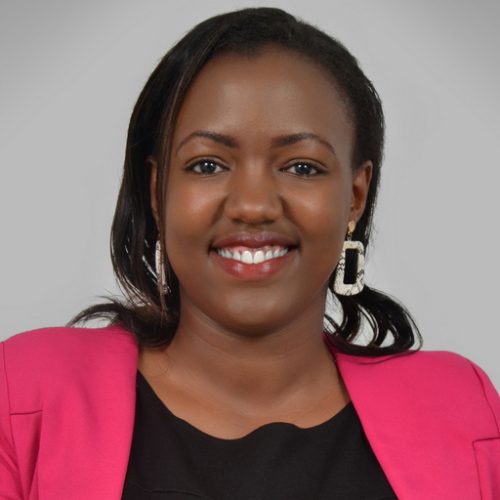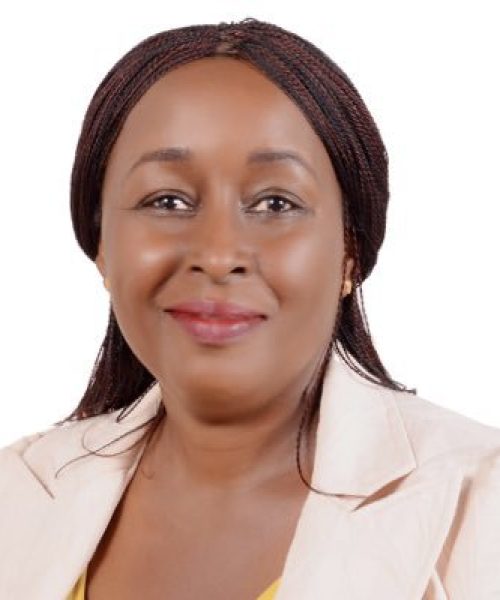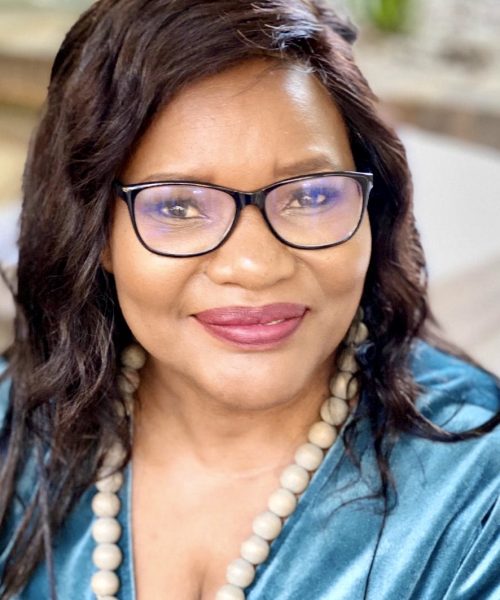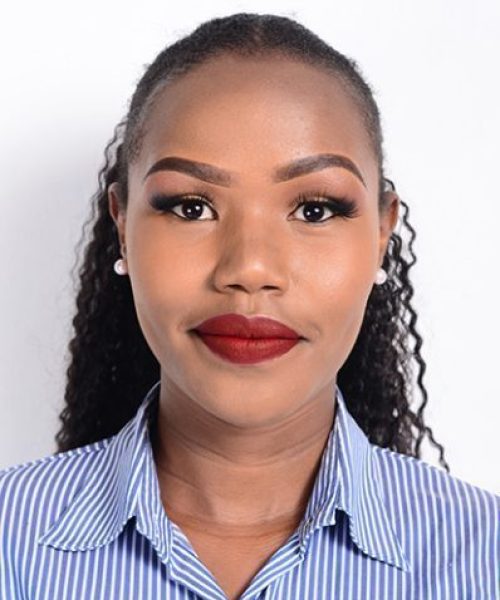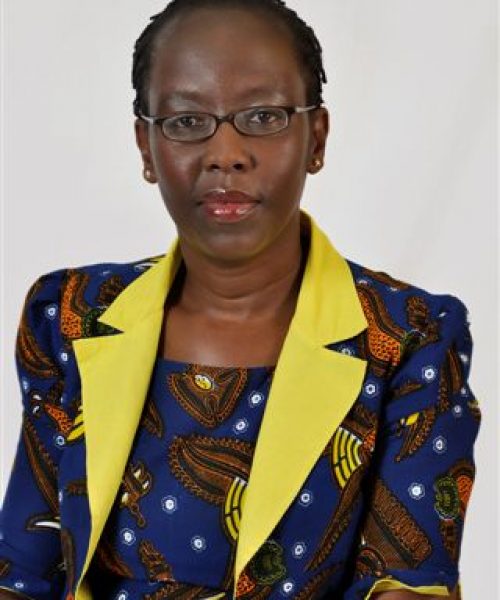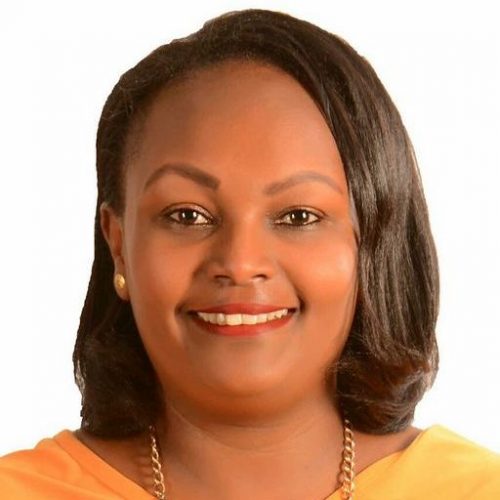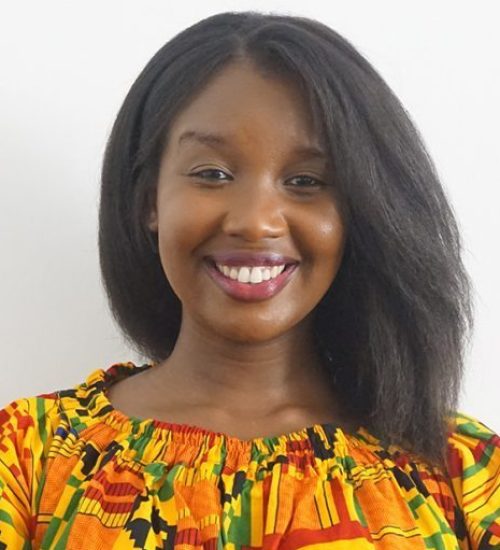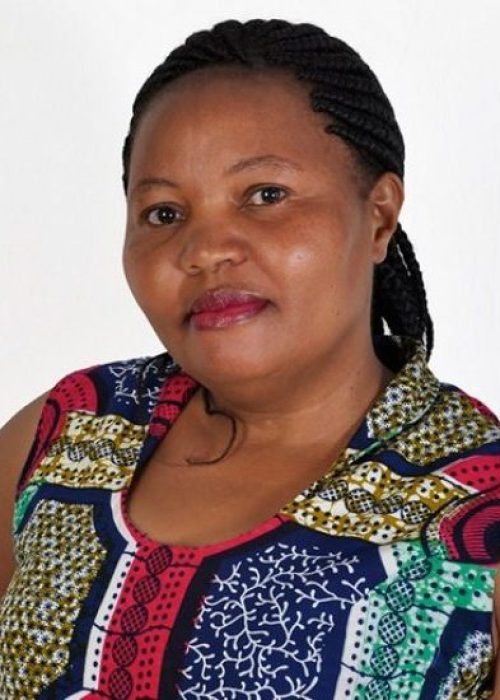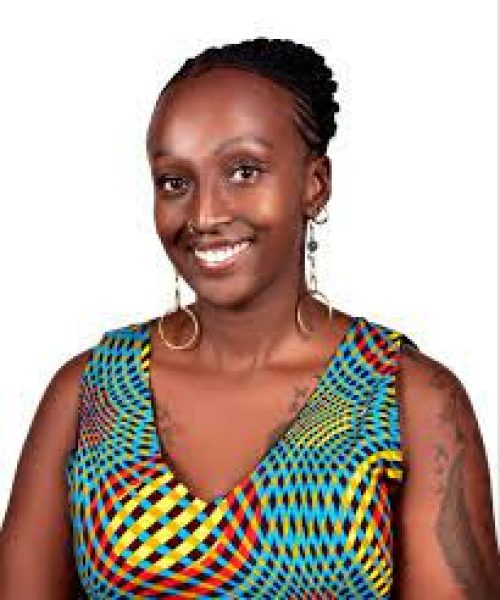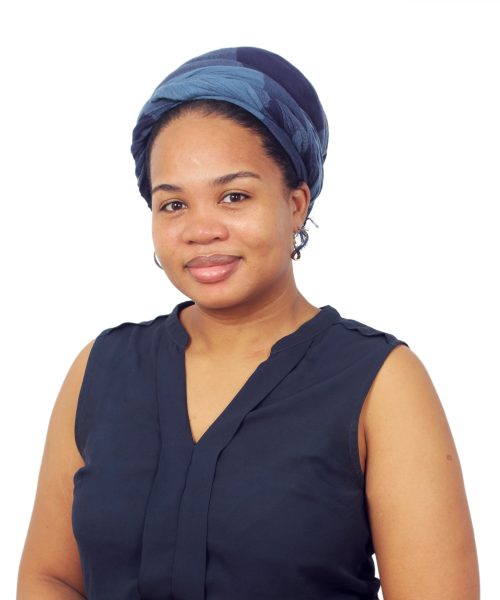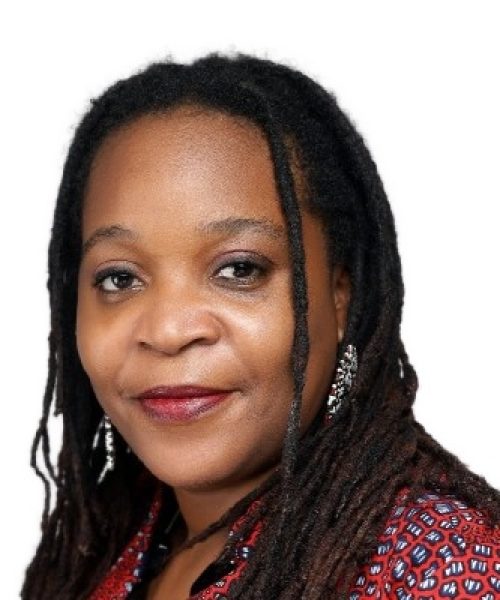
SUDAN CONFLICT: ACCELERATING FEMINIST FUNDING AS A CRISIS RESPONSE STRATEGY
UAF-Africa Donor Brief, September 2023
Unpacking the Crisis Paradigm and Impact on WHRDs
The devastating amplification of gender injustices by crises is an urgent call for solidarity action for feminist activists and philanthropists, more so because most African crises are borne out of exploitation, greed, authoritarisanim and colonialism. Such structural crises require responses that address the root causes. Due to their identities and the intersecting forms of discrimination and violence that come with these identities, womn[1] and marginalised communities of all diversities bear the brunt of crises. When communities are exposed to complex and compounding risks and uncertainties, the result is a cycle of fragility – violence, conflict and instability. Radical responses to crises entail exploring, and advancing, systemic change to the roots that continue to feed crises on the continent. It is necessary to delve into a deep exploration of a feminist approach to addressing crisis in ways that urgently work to transform how we understand crisis response, and support frontline emergency and movement building efforts, before, during and after crises.
Against this backdrop, this brief is an attempt to illustrate the realities of the current Sudan crisis, and the ways in which it has impacted womn and structurally excluded and marginalized groups. It further illustrates the mechanisms in which Sudanese organizations, activists and womn’s human rights defenders have used to respond despite ongoing military operations and limited resources. More importantly, this brief is a call to action to philanthropic institutions and related formations to provide the crisis in Sudan the attention it deserves and commit to funding feminists and feminist organizations and movements with a view to ending the war while building a more peaceful and prosperous Sudan. Ever since the 2018/2019 revolution and perhaps before, feminists in Sudan have been organizing in very difficult conditions. Paying attention to feminist and womn’s rights organizing is important as this moment serves as a possible turning point for the Sudanese feminist and womn’s rights movements. Sudan will either manage to respond, build and become more resilient after this crisis should it be given the needed multifaceted support and attention or it disintegrates under the immense humanitarian, economic and political pressure.
A Politicized Feminist Analogy of the War in Sudan
Five months have passed since the outbreak of war in Sudan between the Rapid Support Forces (RSF) and the Sudanese Armed Forces (SAF). As of 15 August 2023, between 4,000 to 10,000 people had been killed, and 6,000 to 8,000 others injured[2], while as of 5 September 2023, over 4 million were internally displaced and more than 1.1 million others had fled the country as refugees, with womn and children being the most affected[3]. A recent analysis from a UAF-Africa Sudan-based grantee partner indicated that amidst the ongoing bloody struggle for power, womn and girls are suffering increased insecurity in the process of displacement, lack of food and healthcare, and heightened risks of sexual violence. Thousands of womn are trapped in areas that are under intense armed clashes, and are at great risk of violence as increased insecurity on the roads and visa requirements for Sudanese refugees hinder their ability to flee to safer places within and outside Sudan. Furthermore, kidnappings, arrests, checkpoints, and pressure on civilians by the RSF and the military to pick sides in the war are threatening the safety of womn, vulnerable populations including WHRDs. Internally displaced WHRDs are facing increased threats and surveillance by the former regime security forces. Womn and girls in Sudan are living without protection and srvivors of violence have limited access to life-saving support. As per the report, the continuation of such violations in Sudan is creating one of the worst humanitarian crises on the globe.
Womn at the Frontlines of Oppression and Resistance
Intelligence and trends analyses collated from the womn’s rights movement in Sudan indicate that feminist efforts are underfunded despite womn being disproportionately impacted by the crisis, and despite the important work that WHRDs are leading. Fundemental to profile therefore is the criticality of embodying strategies that promote movements’ sustanace as an inherent model to crisis response as strong and thriving movements lay strong foundations necessary for effective crisis response. However, most interventions are focusing on the immediate and rapidly evolving emergency needs, with little attention paid to long-term and strategic responses that address root causes and mitigate future occurrences.
Sudanese WHRDs have stood at the forefront of the revolution, leading protests, mobilizing in neighborhood committees and others organizing at the grassroots, and demanding equal representation during political transition negotiations following the fall of Omar El-Bashir. Patriarchal practices have left womn systemically excluded from political processes. Womn activists who attended some of the negotiation meetings were constantly referred to as ‘young girls’ who supposedly did not understand the complexity of politics and should listen to their elders (men). Now, once again womn are at the forefront of the crisis response despite challenges to mobility and threats of violence. Womn are taking the lead on mutual aid efforts, fundraising from the diaspora, as well as leading on the ground service provision. Sudanese womn activists have also been persistent about raising their voices against the war as well as supporting other womn by providing food, shelter and psychosocial services. Some UAF-Africa supported grantee partners, including Noon Feminist Movement and Sanad for Legal Aid, have been active on the ground since the start of the crisis on 15th April, 2023.
Sexual violence is one of the most prominent threats to womn in this crisis, with activists in El-Genina documenting 78 cases of rape between April 24 and June 26[4]. The survivors shared that the attackers explicitly mentioned their ethnic identity and used ethnic slurs about the Masalit or non-Arabs generally. The Women’s Future Organisation, a Darfuri organization, reported that only 24 out of 103 rape victims have received subsequent medical services[5]. Sexual violence is not limited to Darfur alone, the Center for Violence Against Women and Girls opines that cases may be close to 4,000 in different states, with a large number of survivors under 12 years old[6]. Medical staff in North Kordofan, for example, reported an increase in the number of womn coming in with uterine prolapses, fistulas, and other injuries with very little infrastructure to support their recovery[7]. While in a report published by the Center for Violence of Women and Girls, the head of the center, Sulima Ishag, stated that their researchers are reporting allegations of abductions and sexual slavery by RSF members in South Darfur, North Darfur and Khartoum.
However, violence against womn and intimidation tactics are not only committed by RSF and its associates. On August 12th 2023, the Sudanese security forces raided the lawyer syndicate offices in Madani city in Al-Gezira state to stop an event organized by the ‘No for Women Oppression Initiative’ to call for peace and an end to the war in Sudan[8]. More so, civilian political parties are playing a part in silencing WHRDs, Umma party (a part of The Forces for Freeedom and Change – FFC coalition) has refused to host an anti-war event organized by womn in their offices in Madani stating it would ‘disturb the peace’.
Despite these challenges, womn are persevering, with mutual aid and grassroot organizing initiatives effectively being the largest response to the crisis. Womn-led responses include supporting relocation costs to those fleeing internally and externally and providing food, water and emergency medical assistance through emergency rooms which have been set up in many locations across the country, supported by diaspora and local groups, including mosques, churches, local businesses, and market merchants[9]. The war has drastically increased the burden of unpaid labour for womn; WHRDs who have fled Khartoum are not able to properly continue their activism because their repsonsibilites have doubled overnight. A conversation with a WHRD currently in Madani reveals that they barely have time and when they do, they are blocked by the authorities and political parties. A WHRD who recently moved to Uganda described the three healing remedies that womn need: to be able to talk to each other, to collect data about the status of womn and WHRDs in Sudan, and to be able to build a feminist strategy based on these dialogues and the information collected. Additonally, Sudanese WHRDs in Egypt and in other neighbouring countries where Sudanese people have fled to state that livelihood and job generation are key and urgent challenges as millions of people have lost their sources of income and all their assets in this recent war. This is coming on the heals of the pandemic and already depleted resources and is a matter of survival at this point. Womn need dedicated support finding work and opportunities to sustain themselves through interventions like career coaching, and introductions to feminist networks in their respective locations, which are necessary to sustain momentum across the movement.
A Call to Rekindle a Feminist Revolution and Community Response in Sudan
In 2019, after months of protesting and grassroot mobilization, Sudanese revolutionaries ended the 30-year reign of Omar El-Bashir, with womn playing a critical role in the revolution. The traditional and predominantly masculine political processes that continued to be implemented after the revolution and the 2021 coup, excluded womn representation and ignored the systemic inequalities and decades of long grievances and economic marginalization that underpinned the revolution. In leading the revolution, Sudanese WHRDs participated in protests and increased advocacy efforts nationally and internationally – their role was celebrated by slogans of Kandaka, and complimentary street art. For womn, this process was the beginning of a harder fight against patriarchal political leadership which, not only deprioritized issues of transitional justice, equality and true democratization, but largely undermined womn’s gendered priority needs sighting them as divisive and not urgent. Despite the disappointment in traditional political parties after the revolution, womn began organizing much more effectively and feminist spaces saw a shift in the types of womn engaging (younger feminists became more organized) and more taboo topics such as LBTQI rights, abortion rights, womn leading peace processes were more openly discussed, although not without backlash. Notably, feminists and womn’s rights defenders were trying to bring these issues to the surface as classifications that are central to the breakdown of the political process and current crisis which womn across Sudan and beyond are bearing the burnt of.
Drawing from UAF-Africa’s experiences in funding feminist solidarity actions and movement led efforts during the revolution in 2019, spotlights a transformative track record of the effectiveness of catalytic feminist responses to crises. For example, at the height of the revolution in 2019, UAF-Africa organized a convening of WHRDs in Sudan with the intention of facilitating safe spaces for womn to share experiences, heal and bond, as a strategy to sustain collective organizing across the movement, even while the crisis was ongoing.
UAF-Africa’s underfunded and yet responsively intersectional and transformational approaches to responding to crises are characterized by:
- A structural justice lens that intergorates and questions who has access to power and privilege, while facilitating movements to engage with the roots of crises (e.g., militarism, colonialism, imperialism, racialized capitalism, neoliberal agendas, fundamentalisms, authoritarianisms, ableism, patriarchy, heteronormativity, ethnicism, racism). The Fund supports the unpacking of systemic inequalities through a decolonial lens.
- An approach that centers the gendered impact of crises through an intersectional lens to bring about transformative outcomes. For example, evidence has shown that womn and structurally excluded groups are disproportionately affected by crises, and that crisis of any form will always escalate Gender Based Violence (GBV). With the Understanding that feminist, womn’s rights activists and womns’ rights organizations (WROs) are usually the first to respond despite being the least funded or recognized. At UAF-Africa, we listen, engage and resource them to respond to their unfolding realities while prioritizing their security and wellbeing.
- The politics of money (agile and nimble): we unpack the politics of money, and are clear about our feminist goals in moving money. This movement is characterized by speed/rapid disbursement of funds (while keeping our finger on the pulse to shift priorities as the realities unfold); trust-based funding (dismantling funder-recipient power dynamics while investing in building trust as a strategy); innovative ways of moving money; and investing in risk. In addition, we engage in philanthropic advocacy especially calling attention to crises that are not in the mainstream media and engaging partners in the philanthropic sector to channel resources to grassroots organizations and WROs devoid of normative power dynamics perpetuating of inequality.
- Movement-led and movement-informed approaches through which we trust and believe in the movements who are the best crisis responders. For example, in Sudan, our response has primarily been led by WHRDs who know the context and most importantly the trajectory of politics in the country. We invest in equitable partnerships vested in centering the disproportionately affected – womn and structurally excluded groups.
- A proactive approach where we are informed by real-time intelligence from the defenders, activists, and movements we serve. For example, a trends analysis of our funding requests received in 2022 pointed to the apex of the crisis that we are currently witnessing in Sudan in 2023, which means that engagement and support to crises is not reactionary. We recognize that because of chronic crises, most WROs operate in emergency mode and have limited time and capacity for critical analysis and strategic thinking. We therefore support the creation of safe spaces for movements to convene, generate shared analyses and solidarity, and plan for collective action e.g., our support to the Sudan womn’s rights movement in 2019, in partnership with Strategic Initiative for Women in the Horn of Africa (SIHA).
- A Healing Justice and Collective Care approach which utilizes a healing justice framework and centers healing and interrogation of structural sources of harm, as a radical movement-building and sustaining strategy, critical for building resilience and resistance in crises. Our paradigm of healing in a framework of crisis is moving communities from resilience to regeneration. Regeneration complements resilience by emphasizing the process of growth and transformation. It involves creating spaces, practices, and systems that promote well-being, sustainability, and empowerment. Regeneration recognizes the need to address the root causes of challenges and to actively work towards creating positive change. Resilience focuses on adaptability, bouncing back, and finding strength in the face of challenges, while regeneration emphasizes healing, growth, and creating sustainable systems. We support safe spaces in the midst of crises, collective healing practices and processes and spaces for critical analysis of crises.
- A people-centered approach: At UAF-Africa, we see crisis response not as a set of tools, strategies or mechanisms, but as a people-centered initiative. We invest in activists’ crucial roles as the first and last at the frontlines.
Evidence to the invisibilization of community-led responses is apparent across the philanthrophic and humanitarian response ecosystem, and in the media whose role in highlighting certain crises over others validates the fact that it is influenced by the same racialized and partriachal norms that perpetuate the existing systems of inequality and injustice. It is unfortunate that funding streams tend to follow these trends. So far, the international response to the Sudan crisis has been underwhelming; a recent humanitarian response report by OCHA has estimated the total need for funding for Sudan at about 2.6bn USD[10], meanwhile EU funding thus far pledged only 123mn Euros in comparison to over 50bn to Ukraine.[11] Subsequently, countries including the US, Canada and the UK have mobilized millions to support those fleeing the war in Ukraine as well as providing resources for humanitarian aid in the country[12]. For example, Ukrainian refugees were offered extended evacuation services, resettlement allowances, and facilitation of immigration statuses in several European countries, while evacuations in Sudan was afforded only to expatriate staff and non-Sudansese members of diplomatic missions. This reality is situated within a broader discriminatory and inequitable power structure, where donor agendas and funding practices are contrary to the feminist realities of Sudanese womn. People of color and womn are at the receiving end of the different manifestations of gendered and racialized funding practices which prefer specific types of organizational structures and English-speaking organizations. While this is done under the guise of ‘professionalism’, this supposed neutrality and ‘color-blindness leaves black feminists with very little support.[13]
Can these Challenges Translate into Stronger Actions Required to Resource Feminist Movements?
Drawing from the above analysis, there are a number of challenges facing current response efforts:
- Firstly, the voices of womn at the frontlines and those who have the best knowledge of the situation on the ground are still limited. Media coverage as well as political discussions are still taking place between the political elite who are mostly men and mostly from privileged backgrounds. This therefore leads to an incomplete and perhaps distorted view of the priorities as well as ignoring the many voices of womn’s rights defenders at the margins.
- Secondly, there is not enough focus on elements of healing, wellbeing and psychosocial resilience, especially for womn’s rights defenders who are carrying out response work. This is especially problematic because they are the ones who are exposed to the daily difficulties of working in precarious conditions and have little to no tools to help them navigate the personal and professional traumas imposed by this war.
- Thirdly, the crisis in Sudan is part of a broader global dynamic of proxy wars and governance as well as unequal dynamics which have rendered certain peoples ‘less deserving’ of support. Unless there is a direct interrogation of the humanitarian sector in ways that focus on accountability and self-reflection, the responses will always be subpar to the needs of many communities.
- Fourthly, feminist visions of peacebuilding and responses to crisis are not taken seriously amongst larger donor and philanthropic institutions, contrary to feminist concerns around the war which are about ending the violence and responding to the gendered needs of womn and vulnerable populations, and building lasting peace. Unfortunately due to limited funding and the fact that womn’s rights defenders are scattered in neighboring countries or are busy responding to immediate needs of providing water, shelter and medicine, they are not able to effectively convene or speak to each other or build networks of solidarity.
Recommendations: Defining Core, Flexible, Big and Multi-Year Funding to Feminist Organizations Responding to the Sudan Crisis
- Begin by reaching out to a diverse and broad-based pool of Sudanese WHRDs and organizations to understand the different positions womn are in and the subsequently different needs of the womn and their communities.
- Learn from feminist insights gained from previous interventions in post-revolution Sudan, especially around issues of investing in womn and systemically including their perspectives and voices.
- Advocate for and offer sustained flexible financial support to grassroots feminist organisations by providing big, core, flexible and long-term funding that enables them to effectively operate and respond to the different and emergent needs, while ensuring wholistic protection, safety and wellbeing of WHRDs.
- Capitalize on trust-based partnerships with experienced and capable organizations that can provide the necessary tailored support to meet the specific needs of communities while moving away from the strictly bureaucratic mainstream funding and programming which is unfit for the current crisis.[14]
- Support feminists and feminist organizations to build coalitions nationally and regionally and provide resources so they can meaningfully engage in political meetings and dialogues being held on the Sudan crisis. This is especially important in ensuring feminist responses are not only focused on band-aid solutions but are also part of longer-term peace-building solutions, while encouraging intellectual efforts to formulate feminist political agendas for Sudan.
- Prioritize expedited financial, psychosocial, and health support to survivors of sexual violence and ensure that feminist demands for justice from perpetrators are at the heart of efforts to end the war.
- Express feminist solidarity through flexible feminist funding while embracing trust-based collaborations. It is important to find ways to build robust, longstanding relationships with activists so that there can be learning and sharing from the different perspectives and realities they are experiencing and ensuring it feeds into the ways WHRDs are receiving funding and accompaniment. This also means a shift where WHRDs funding priorities are taken into consideration because they know the situation that they are grappling with best and how to address it. Thus the support should be flexible to ensure that it integrates collective care and healing to attend to the impact of trauma, stress and the intersecting systems of oppression, marginalisation and constant crisis on WHRDs’ mental, physical and emotional wellbeing.
[1] At the Fund, the use of womn is a simple act of challenging and replacing traditional ideas of what and who a womn is and can be and the links of women to a system of patriarchy where womn are, in effect, subject to men or a sub-category of men. Additionally, womn’ for us also includes lesbian, bisexual womn and transwomn. Further, womn includes those who are non-binaried, identifying with neither gender.
[2] “10,000 reported killed in one West Darfur city, as ethnic violence ravages Sudanese region”. CNN. 26 July 2023. Retrieved 11 September
[3] “DTM Sudan – Weekly Displacement Snapshot”. IOM. Retrieved 11 September
[4] https://www.hrw.org/news/2023/08/17/darfur-rapid-support-forces-allied-militias-rape-dozens
[5] https://www.dabangasudan.org/en/all-news/article/calls-to-address-sexual-violence-in-darfur-el-burhan-orders-investigation-into-war-crimes
[6] https://www.middleeasteye.net/news/sudan-rape-sexual-violence-children-conflict-report
[7] Ibid.
[8] https://whrdmena.org/2023/08/15/protect-sudanese-women-peace-activists-at-imminent-risk/?lang=en
[9] https://www.thenewhumanitarian.org/news-feature/2023/08/02/how-mutual-aid-networks-are-powering-sudans-humanitarian-response
[10] https://reliefweb.int/report/sudan/sudan-revised-humanitarian-response-plan-2023-revision-issued-17-may-2023-enar?_gl=1%2A1o013i1%2A_ga%2AMTc4ODU2MjkxNy4xNjkyNjExMjM1%2A_ga_E60ZNX2F68%2AMTY5MjYxMTIzNS4xLjAuMTY5MjYxMTQyMi42MC4wLjA.
[11] https://civil-protection-humanitarian-aid.ec.europa.eu/where/africa/sudan_en#how-are-we-helping
[12] https://www.newsweek.com/i-am-sudanese-aid-worker-poland-worlds-double-standard-refugee-response-blaring-opinion-1814994
[13]https://static1.squarespace.com/static/63e021d24b58945e72d0b01c/t/6455c0ead96c9c783f0a1d0b/1683341547050/1.+Where+is+The+Money+for+Black+Feminist+Movements—Through+the+Philanthropic+Lens.pdf
[14] https://www.alliancemagazine.org/blog/sudanese-feminist-sisterhood-at-the-frontline-of-radical-resistance-and-solidarity/

